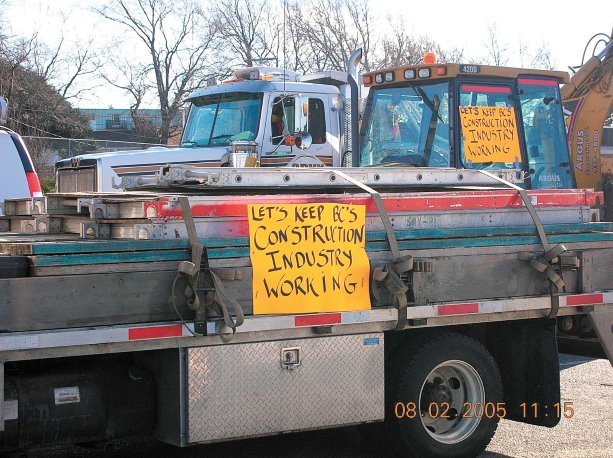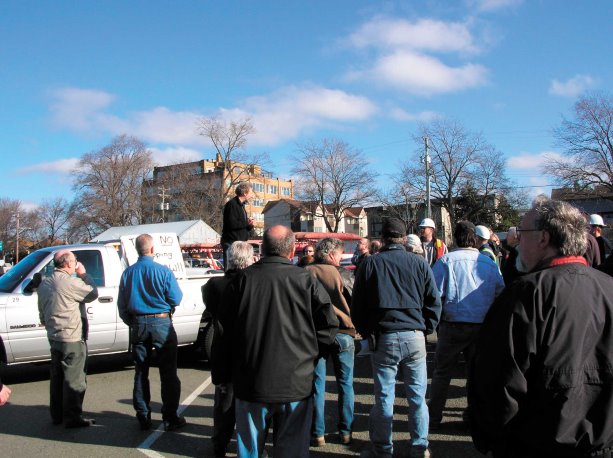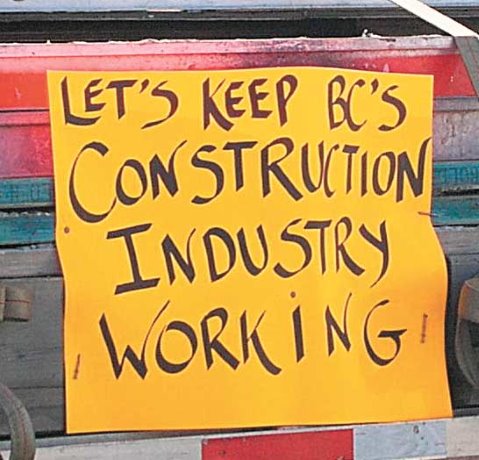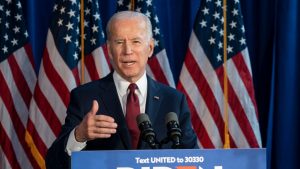As the Independent Contractors and Businesses Association (ICBA) – known for its strong and outspoken stance on issues – marks its 40th anniversary, its legacy is built upon some of the construction industry’s most turbulent times as open-shop contractors faced huge opposition in the 1970s and 1980s.
"There were some ugly incidents," said executive director Philip Hochstein, who came to the ICBA in 1987 as open-shop and non-union contractors clashes were peaking.
"Those days are long-gone now," he said calling it more of an evolution rather than a revolution.
Progressive unions have emerged replacing more traditional and highly-regimented unions and the open shop sector is now 85 per cent of the construction industry, a figure that once represented the union sector in the 1970s and 1980s.
"The battle for the hearts and minds of the workers has been won by the open shop sector," Hochstein said.
Those early ICBA years affirmed the rights of all non-union contractors. In the early 1970s in Trail, B.C., where the ICBA started, three Verigin brothers running a non-union construction company were shut out from bidding on a school.
Legislation passed by the NDP allowed only unionized employers or workers to work on government contracts.
One of the brothers and an ICBA founding member Elmer Verigin said:
"There were 100,000 certified trades people in the province all paying taxes and only 33,000 who were unionized. That meant that 67,000 workers were not allowed to work on publicly-funded projects.
"We thought there was something wrong with that." Verigin, a professional engineer, took the issue to MLA Bill King, then labour minister in the Dave Barrett NDP cabinet.
"King said it was hard to do anything because we weren’t organized," said Verigin, who now works as a project manager.
Verigin and a handful of contractors began organizing under the ICBA name, linking up with 330 others on Vancouver Island, the B.C. Interior and in the Fraser Valley.
Businesses such as egg producers and jam-makers joined, he recalls, as they feared further NDP legislation. "That’s how the ‘business’ got into the ICBA name," he said.
"We often said that Bill King was the father of the ICBA," said Verigin.
Retiree Ralph Purdy became the first executive vice-president driving hundreds of miles throughout B.C. on a shoe-string budget. The ICBA held annual auctions to make up any budget shortfalls.
ICBA members gained ground, especially in the rural areas. They helped one another when union companies walked from a site or wouldn’t work. ICBA member
Bill Kerkhoff of Chilliwack’s Kerkhoff Construction won the Kamloops courthouse contract but local unionized cement truck drivers refused to deliver concrete.
He turned to ICBA member Rempel Bros. Concrete in the Fraser Valley for trucks and drivers and then sourced concrete from a Kamloops company.
"Rempel was very important to us to get concrete to our sites," Kerkhoff said.
Vancouver was another story. "The unions drew a circle around Vancouver and said you can’t come in," said Brian Martin, then editor of the Journal of Commerce in the 1980s, a time when inflation hit, construction costs soared,
Expo loomed and building owners were frustrated with strikes and union featherbedding.
A large group of Fraser Valley ICBA contractors did cross over the Pattullo bridge into Vancouver.
Kerkhoff at the Pennyfarthing False Creek condo development became a flashpoint as his firm replaced a union contractor on the second and third phases.
"There were as many as 1,000 picketing our site," Kerkhoff said.
Non-union members were pelted with feces and almost run over. Lengthy and costly labour battles ensued in court but reshaped rights of open-shop contractors.
"It was our survival," said Kerkhoff.
Expo 86 was a repeat battle. Premier Bill Bennett warned he would cancel Expo if the two construction sectors couldn’t agree.
"I think he recognized the public mood. People were fed up with the union protests and strikes," said Kerkhoff. B.C. had the worst labour unrest in Canada. To keep peace, the Expo site was divided in union and open-shop work areas.
Expo hallmarked a new era and the ICBA board hired Hochstein the following year. "The industry needed the open-shop sector and the open-shop sector needed more leadership," said Hochstein.
Those members, now topping 1200, needed services and benefits such as health and welfare, retirement, plus training and apprenticeship initiatives. Five years ago, ICBA acquired an insurance company that provides benefits at competitive rates. ICBA also now own three stratas to house its offices, insurance company and training facilities.
"We have also grown to become the largest sponsorship of apprentices in the province," Hochstein said.
Hochstein, though, sees its major achievement as having a board of directors that endorses a strong voice affirming the rights of its member contractors.
"We are taking a strong advocacy role on issues related to projects," he said, adding that the public needs to be reminded that projects such as the LNG developments and Site C will only add to the economy of B.C.
"The ICBA is and has always been a very effective lobby group," said Martin.

1/2
In the 1970s and 1980s the construction industry’ in British Columbia faced some of its most turbulent times.
Photo: Independent Contractors and Businesses Association
2/2
Independent Contractors and Businesses Association (ICBA) President











Recent Comments
comments for this post are closed